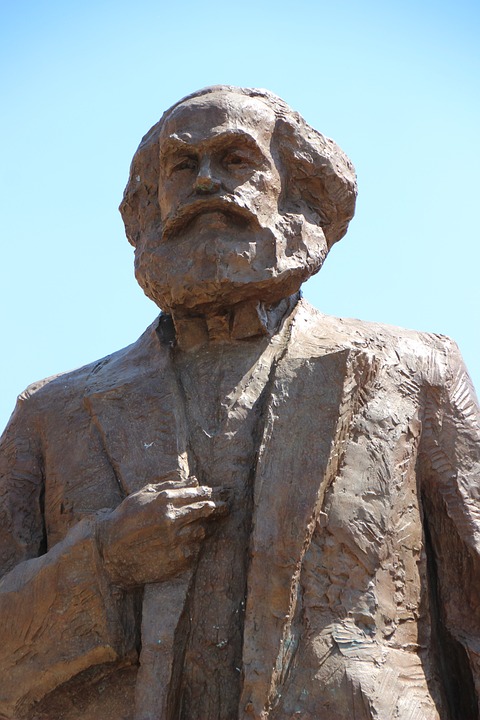Global Perspectives on Marxist-Leninist Thought
Marxist-Leninist thought has had a significant impact on global politics and ideology since its inception in the early 20th century. Two prominent figures who have shaped the course of this ideology are Mao Zedong and Che Guevara. Both Mao and Guevara played key roles in promoting Marxist-Leninist principles in their respective countries and beyond, and their influence continues to be felt around the world today.
The Influence of Mao Zedong
Mao Zedong was a Chinese communist revolutionary who became the founding father of the People’s Republic of China in 1949. Under Mao’s leadership, China underwent a massive transformation, both economically and socially, with the implementation of socialist policies aimed at achieving a classless society.
Mao’s influence on Marxist-Leninist thought is significant, as he developed his own unique interpretation of communism that came to be known as Maoism. Mao believed in the importance of continuous revolution and mass mobilization, emphasizing the role of peasants in the communist movement. He famously declared that “political power grows out of the barrel of a gun,” underscoring the need for armed struggle in achieving revolutionary change.
Mao’s ideas have had a lasting impact not only in China but also in other parts of the world where Marxist-Leninist movements have taken root. His writings, particularly the “Little Red Book,” continue to be studied and revered by communists and revolutionaries worldwide.
The Influence of Che Guevara
Che Guevara was an Argentine Marxist revolutionary who played a key role in the Cuban Revolution led by Fidel Castro in the late 1950s. Guevara’s commitment to the principles of Marxism-Leninism and his dedication to the cause of global revolution made him a revered figure among left-wing movements around the world.
Guevara’s influence on Marxist-Leninist thought can be seen in his advocacy for armed struggle as a means of achieving socialist transformation. He believed in the need for international solidarity among oppressed peoples and championed the concept of “socialism in one country,” advocating for the spread of revolutionary ideas beyond national borders.
Guevara’s iconic image and his famous slogan “Hasta la victoria siempre” (Forever onward to victory) have made him a symbol of resistance and anti-imperialism. His legacy continues to inspire movements for social justice and equality across the globe.
Global Perspectives on Mao Zedong and Che Guevara
The legacy of Mao Zedong and Che Guevara continues to resonate with people from diverse backgrounds and ideological perspectives around the world. Both figures are celebrated as champions of the oppressed and as icons of resistance against imperialism and capitalism.
In China, Mao Zedong is revered as the founding father of the People’s Republic and as a symbol of national unity and strength. Despite criticisms of his leadership and policies, Mao’s contributions to the Chinese revolution are recognized as being instrumental in shaping the course of modern Chinese history.
In Latin America and other parts of the world, Che Guevara is viewed as a symbol of anti-imperialism and revolutionary struggle. His image adorns t-shirts and posters, and his words continue to inspire activists and revolutionaries in their fight for social justice and equality.
While both Mao and Guevara are seen as controversial figures by some, their ideas and legacies have had a lasting impact on global politics and ideology. The principles of Marxist-Leninism that they espoused continue to shape the discourse on social justice and revolution in the 21st century.
Conclusion
The influence of Mao Zedong and Che Guevara on Marxist-Leninist thought is undeniable, with both figures playing a key role in promoting revolutionary ideas and principles on a global scale. Their commitment to socialist transformation and their dedication to the cause of the oppressed have made them enduring symbols of resistance and struggle.
As we look to the future, the legacies of Mao and Guevara continue to inspire activists and revolutionaries in their fight for a more just and equitable world. Their ideas remain relevant in the ongoing struggle for social justice and equality, serving as a reminder of the power of revolutionary thought and action in shaping a better future for all.




